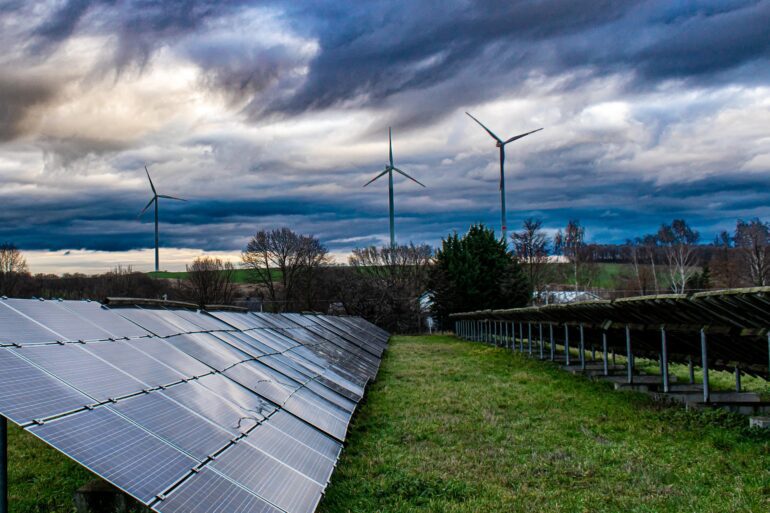TL;DR:
- Artificial intelligence (AI) is revolutionizing green tech investment strategies.
- AI’s advanced data analytics uncover hidden patterns and trends, aiding informed investment decisions.
- Risk assessment benefits from AI’s ability to analyze historical data, enhancing accuracy.
- AI optimizes the design and performance of renewable energy systems, making them more efficient and attractive to investors.
- Transparency and accountability in the green tech sector are improved with AI monitoring and analysis.
- AI’s role in green tech investment is poised to grow, transforming approaches and driving sector growth.
Main AI News:
Artificial intelligence (AI) has long been a topic of fascination across various industries, but its influence on green tech investment is now taking center stage. As technological advancements surge forward, AI is increasingly proving its worth in the realm of environmentally friendly technologies. The focus of this burgeoning field lies in developing and implementing sustainable solutions, with the ultimate aim of reducing our carbon footprint and fostering long-term growth. Within this context, AI possesses the potential to revolutionize the approach investors take toward green tech, delivering fresh insights and strategies that can pave the way for more effective and profitable investments.
One of the most significant ways in which AI is reshaping the landscape of green tech investment is through advanced data analytics. By processing vast amounts of information, AI algorithms possess the remarkable ability to uncover intricate patterns and trends that may elude human analysts. This capability holds particular relevance within the green tech sector, where the triumph of a specific technology or project hinges on a multitude of factors, including market demand, regulatory environment, and technological advancements. Armed with AI-driven insights, investors are empowered to make well-informed decisions about which green tech opportunities are poised for success, ultimately yielding superior returns on investment.
Another crucial area where AI is leaving a lasting impact on green tech investment lies in the domain of risk assessment. Traditionally, gauging the risk associated with a particular investment has been a subjective endeavor, reliant on the experience and intuition of individual investors. However, AI algorithms possess the power to analyze historical data, uncovering trends and correlations that may signal potential risks or opportunities. This analytical prowess enables investors to more accurately evaluate the risks tied to specific green tech investments, granting them the ability to make better-informed decisions regarding portfolio allocation.
AI is also driving innovation in the realm of green technology development. Researchers are increasingly harnessing the potential of AI algorithms to optimize the design and performance of renewable energy systems, such as solar panels and wind turbines. Through simulations of diverse environmental conditions and meticulous analysis of different designs, AI aids engineers in crafting more efficient and cost-effective green technologies. The allure of higher returns on investment makes these advancements all the more enticing for investors, propelling further funding and support into the sector.
Beyond its impact on investment strategies, AI is a catalyst for enhanced transparency and accountability within the green tech sector. A growing number of investors express concern over the environmental and social implications of their financial endeavors, and AI is rising to the occasion by providing precise and comprehensive information about the performance of green tech projects. For instance, AI algorithms can monitor and analyze emissions data from renewable energy initiatives, ensuring their adherence to environmental targets. By cultivating trust between investors and green tech companies, AI fosters an environment conducive to increased investment within the sector.
As AI continues its relentless advancement, its role in green tech investment will undoubtedly become increasingly pivotal. With the potential to revolutionize the investor’s approach to green tech opportunities, AI stands poised to be a key driving force behind the growth of this vital sector. By furnishing investors with accurate and reliable data, AI empowers them to make well-informed decisions regarding their green tech investments, fostering a future that is sustainable and prosperous for all.
Conclusion:
The integration of artificial intelligence into green tech investment signifies a significant shift in the market. The utilization of advanced data analytics, improved risk assessment, optimization of green technologies, and promotion of transparency and accountability positions AI as a powerful tool in shaping investment strategies. This transformative influence paves the way for a more sustainable and prosperous future, compelling market participants to adapt and embrace AI-driven insights to capitalize on the potential growth of the green tech sector.

